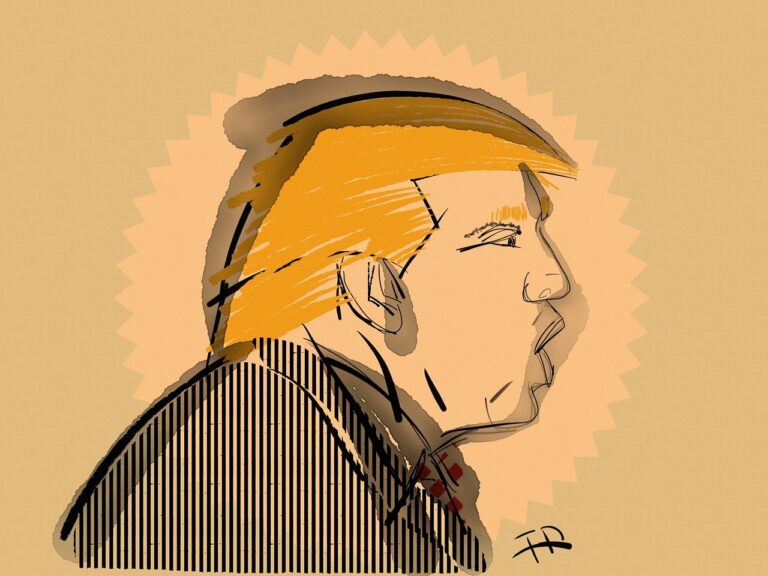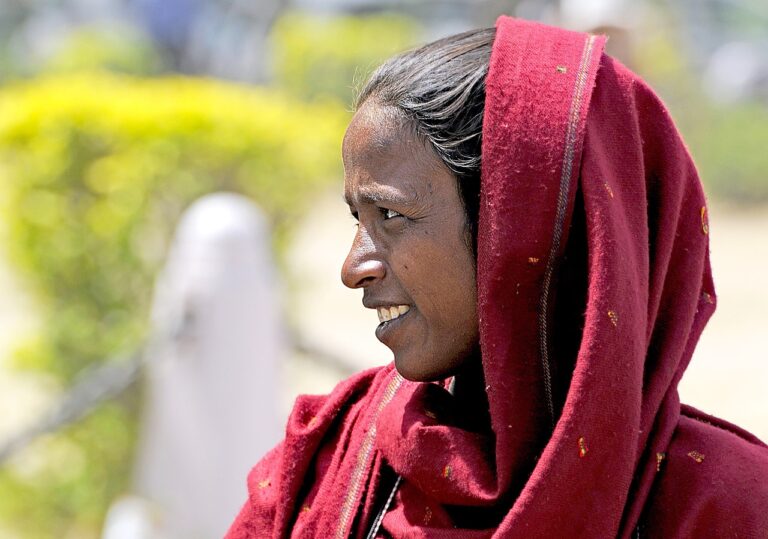Exploring Blockchain Technology in Election Systems
laser book 247 login registration number, lotusbook9 com, 11xplay:Blockchain technology is gaining momentum across various industries for its potential to revolutionize processes, increase transparency, and enhance security. One area where blockchain technology holds great promise is in election systems. With concerns about election fraud, hacking, and lack of trust in traditional voting processes, exploring blockchain technology in election systems could provide a solution to these issues. In this article, we will delve into how blockchain technology can be utilized in election systems to ensure secure, transparent, and tamper-proof voting processes.
The concept of blockchain technology revolves around creating a decentralized and distributed ledger that records transactions across a network of computers. Each transaction is recorded in a “block” that is cryptographically linked to the previous block, forming a chain of blocks – hence the name “blockchain.” This technology ensures that once a block is added to the chain, it cannot be altered or deleted, making it virtually impossible to manipulate the data.
### Enhancing Security and Transparency
One of the key benefits of utilizing blockchain technology in election systems is enhanced security. Traditional voting systems are susceptible to hacking and tampering, leading to concerns about the integrity of election results. By using blockchain technology, each vote is recorded as a transaction on the blockchain, making it secure and transparent. Every vote is encrypted and stored in a decentralized manner, ensuring that it cannot be altered or tampered with.
### Immutable and Tamper-Proof Records
Another advantage of blockchain technology in election systems is its immutability. Once a vote is recorded on the blockchain, it is immutable and tamper-proof. This means that election results cannot be altered or manipulated after the fact, providing voters with assurance that their votes are accurately recorded and counted.
### Decentralization and Trust
Blockchain technology eliminates the need for a centralized authority to oversee the election process. Instead, the network of computers participating in the blockchain verifies and validates each transaction independently. This decentralization ensures that no single entity has control over the election results, increasing trust and reducing the risk of manipulation.
### Cost-Effective and Efficient
Implementing blockchain technology in election systems can streamline the voting process and reduce costs associated with traditional voting methods. By automating the verification and counting of votes, blockchain technology can speed up the election process and eliminate the need for manual intervention. This not only saves time but also reduces the possibility of human error.
### Accessibility and Inclusion
Blockchain technology can also improve accessibility and inclusion in the electoral process. By enabling voters to cast their votes electronically from anywhere in the world, blockchain technology can empower individuals who may face barriers to traditional voting methods. This can include individuals living in remote areas, people with disabilities, or those unable to physically attend polling stations.
### Potential Challenges and Considerations
While blockchain technology offers numerous benefits for election systems, there are also potential challenges and considerations to be mindful of. These can include issues related to scalability, privacy concerns, regulatory hurdles, and the need for widespread adoption of the technology. Overcoming these challenges will require collaboration between governments, technologists, and stakeholders to ensure the successful implementation of blockchain in election systems.
### Conclusion
In conclusion, exploring blockchain technology in election systems has the potential to revolutionize the way we conduct elections, ensuring secure, transparent, and tamper-proof voting processes. By leveraging the decentralized and immutable nature of blockchain technology, we can enhance security, increase trust, and improve accessibility in the electoral process. While there are challenges to be addressed, the benefits of implementing blockchain technology in election systems far outweigh the risks. As we continue to innovate and embrace new technologies, blockchain stands out as a promising solution for modernizing election systems and safeguarding democracy.
—
### FAQs
#### Q: How does blockchain technology ensure the security of election systems?
A: Blockchain technology ensures security by encrypting each vote as a transaction on the blockchain, making it secure and tamper-proof. Once a vote is recorded, it cannot be altered or deleted, ensuring the integrity of election results.
#### Q: Can blockchain technology improve accessibility in the electoral process?
A: Yes, blockchain technology can improve accessibility by enabling voters to cast their votes electronically from anywhere in the world. This can empower individuals who may face barriers to traditional voting methods, such as those living in remote areas or people with disabilities.
#### Q: What are some of the potential challenges of implementing blockchain technology in election systems?
A: Some potential challenges include scalability issues, privacy concerns, regulatory hurdles, and the need for widespread adoption of the technology. Overcoming these challenges will require collaboration and innovation to ensure the successful implementation of blockchain in election systems.







